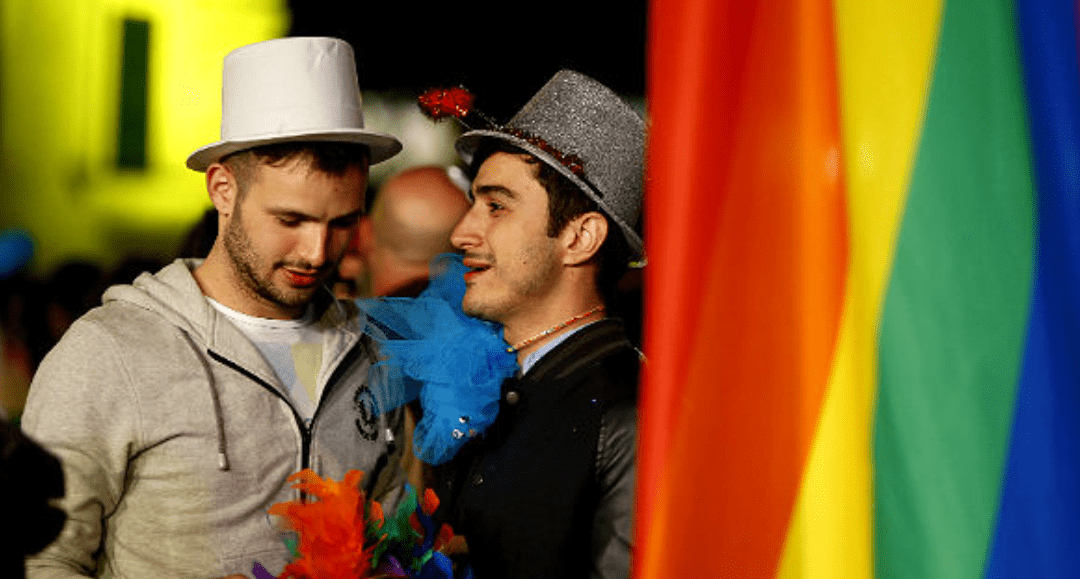Article Source: TimesOfMalta.com
Malta was the only European country to fully satisfy all criteria for legal gender recognition in an annual ranking of gay rights.
The index for 2015, released by Ilga-Europe, a gay rights advocacy group, confirms the recently enacted gender identity law is among the world’s most progressive legislations. The Gender Identity, Gender Expression and Sex Characteristics Act was enacted by a unanimous vote in Parliament last month and welcomed by gay advocacy groups the world over. The law allows transgender individuals to change their birth certificates and identification documents without undergoing gender reassignment surgery, or receiving a medical diagnosis. Changing gender could be done through a notarial deed. Minors will be able to do so with their parents’ approval and following a specific court procedure. The law also makes it illegal to operate on intersex children when not medically required.
This development meant Malta even surpassed the chart-topping UK in the category related to legal gender recognition and bodily integrity. The rankings are based on six categories, which also include family and hate crimes. In the UK, a psychological opinion is still required to allow transsexuals change their gender, and doctors are not prohibited from operating on intersex children without informed consent.
The index, referred to as the Rainbow Map, is a colour-coded representation of the current legal and policy situation for LGBTI people in Europe.
“Malta’s rise to third in the Rainbow Map rating is undoubtedly the most eye-catching story of 2015.”
Overall, Malta climbed to third place, with a score of 77 per cent, leapfrogging over countries like Spain, Sweden and the Netherlands that were at the forefront of gay rights. The UK tops the index with a score of 86 per cent, followed by Belgium with 83 per cent. Malta’s ascent to third place in the span of two years was also spurred by the Civil Unions Act, which allows gay couples to form a legally recognised family with all the rights and obligations of marriage, and the inclusion of an anti-discrimination clause in the Constitution. The introduction of civil unions with child adoption rights made Malta one of 23 European countries in which gay couples have full marriage equality or some form of partnership with similar rights to marriage.
However, Malta falls short on the issue of medically assisted insemination for gay couples, since the in-vitro fertilisation law only applies for heterosexual couples in a steady relationship.
In 2013, Malta registered an overall score of 35 per cent on the index, rising to 57 per cent last year.
Civil Liberties Minister Helena Dalli welcomed the news but said more work had to be done to address attitudes. “Although LGBTI people now enjoy equal rights, it is much harder to change mentalities and a deep set culture of discrimination and homophobia.”
Country ranking:
1. United Kingdom
2. Belgium
3. Malta
4. Sweden
5. Croatia
6. Spain
7. Netherlands
8. Norway
9. Denmark
10. Portugal
Article Source: TimesOfMalta.com

